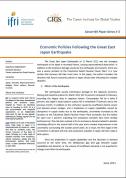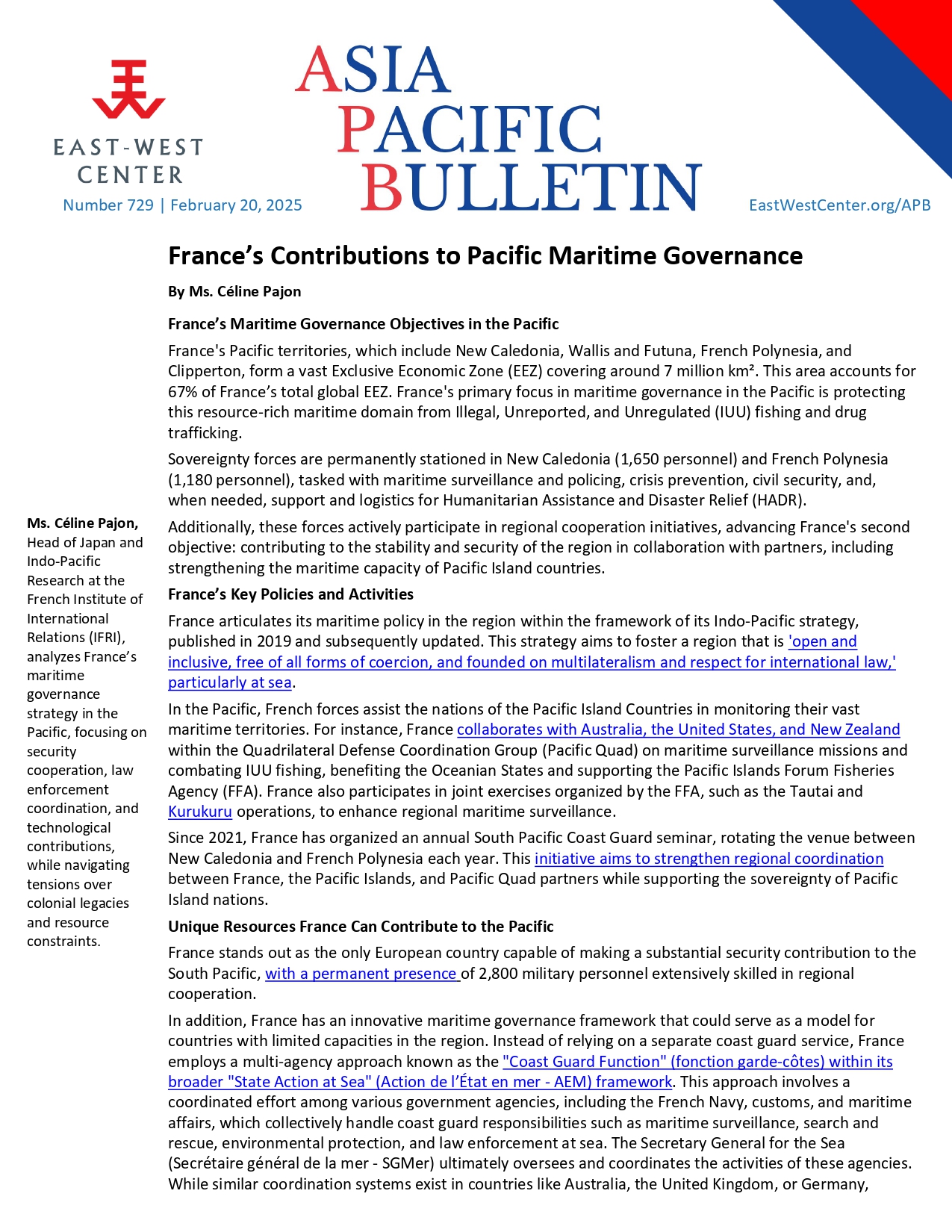Prospects for 6-party talks: Nuclear weapons are a means of survival for Kim Jung Un

The most imperative duty of the third-generation Kim Jong Un is the “survival” of North Korea. This will require not only a smooth transfer of power from his father but also shoring up the national economy. This is because I feel the current regime will sooner or later come to the end of its tether unless North Korean economy breaks free of foreign dependence and begins to grow autonomously.
In May 2011 I had the opportunity to visit the capital Pyongyang and its environs. The North Korean economy I saw there was truly miserable. In farming villages, although rice planting had already begun I hardly saw any equipment such as tractors or rice planting machines.
I realized then that there would be no tomorrow for North Korean agriculture still done entirely with manual labor. What’s more, the people’s economic grievances will likely grow as the heredity of power reaches a third generation. The mourning period aside, even Kim Jong Un, for his part, will eventually have to improve the national economic system and build a society capable of reproduction.
The bottom line is that it is not only a matter of Kim Jong Un surviving as the third generation of the “Kim Dynasty” but also the fact that he has been left with the extremely difficult task of giving the “Democratic People’s Republic of Korea” system a chance to survive in the mournful years to come.

Available in:
Regions and themes
Share
Download the full analysis
This page contains only a summary of our work. If you would like to have access to all the information from our research on the subject, you can download the full version in PDF format.
Prospects for 6-party talks: Nuclear weapons are a means of survival for Kim Jung Un
Related centers and programs
Discover our other research centers and programsFind out more
Discover all our analysesJammu and Kashmir in the Aftermath of August 2019
The abrogation of Article 370, which granted special status to the state of Jammu and Kashmir (J&K), has been on the agenda of the Bharatiya Janata Party (BJP) for many decades.

France’s Contributions to Pacific Maritime Governance
France stands out as the only European country capable of making a substantial security contribution to the South Pacific, with a permanent presence of 2,800 military personnel extensively skilled in regional cooperation.
Unlocking India’s Energy Transition: Addressing Grid Flexibility Challenges and Solutions
India is rapidly scaling up its renewable energy (RE) capacity, adding 15–20 GW annually, but the ambitious goal of 500 GW of non-fossil capacity by 2030 is at risk unless the pace accelerates.

The China-Russia Partnership and the Ukraine War: Aligned but not allied
China and Russia maintain a strategic partnership rooted in shared opposition to the U.S. and liberal democracies, but their relationship is shaped more by pragmatism than trust.








